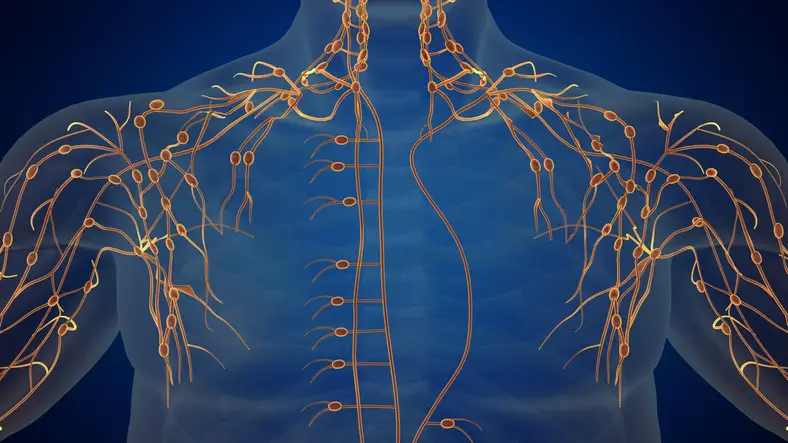Today, Novartis announced the first results of a Phase III trial for a CDK4/6 inhibitor for early breast cancer. The NATALEE trial showed Kisqali® plus endocrine therapy significantly reduced the risk of disease recurrence for patients with HR+/HER2- early breast cancer compared to endocrine therapy alone.
What is a CDK4/6 inhibitor?
CDK4/6 inhibitors are the clinical name for a type of drug that can help endocrine therapy work better and can even serve as an alternative to chemotherapy for some patients. The drug works by blocking hormone receptor-positive, HER2-negative cancer cells from dividing and multiplying. There are currently three CDK4/6 inhibitors, abemaciclib (Verzenio), palbociclib (Ibrance), and ribociclib (Kisqali). Kisqali®, the driver of today’s news, has FDA approval and is the only CDK 4/6 inhibitor to show overall survival benefit for treating metastatic cancer.
Why is this news so significant for breast cancer patients?
The results of the NATALEE trial are significant because Novartis has announced that the trial results are so promising they are ending the trial early. This means Novartis demonstrated in a trial setting that Kisqali® can be used to prevent recurrence within patients who are diagnosed with Stage II or Stage III breast cancer.
What does it mean, today, for patients with early-stage breast cancer?
Novartis announced it will present the results of the trial at a medical conference in the near-term and also work with regulatory authorities worldwide to gain approval for Kisqali for early-stage patients with HR+/HER2- breast cancer. Learn more from Novartis’s press release.
If you have questions about how this development might influence your own treatment plan, contact one of our oncology nurse practitioners through the Ask Outcomes4Me button within our app.
Personalized support for real care decisions
Understand your diagnosis, explore clinical trials, and track symptoms--all in one place.
Get started
Compare treatments, prepare for appointments, and track side effects—all in the app
Built for your diagnosis, Outcomes4Me gives you the tools to make confident, informed decisions—right when you need them.
Continue in app






